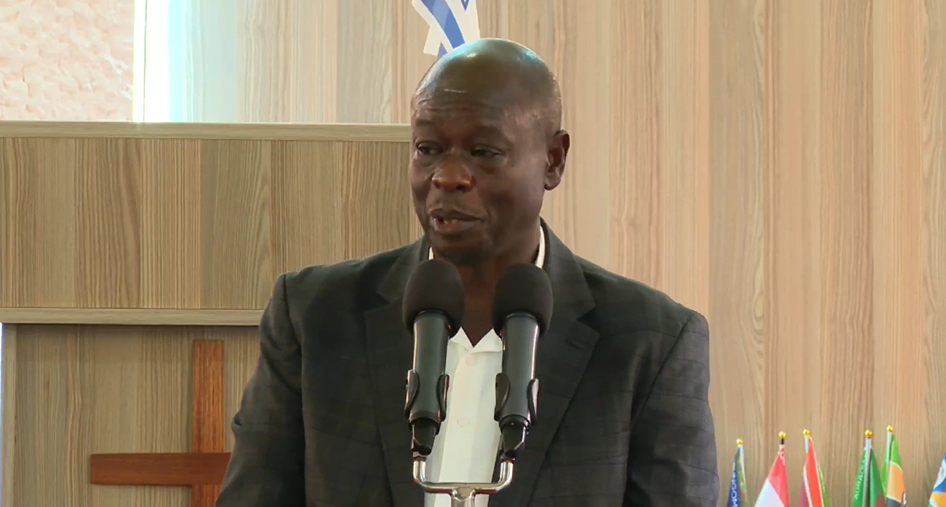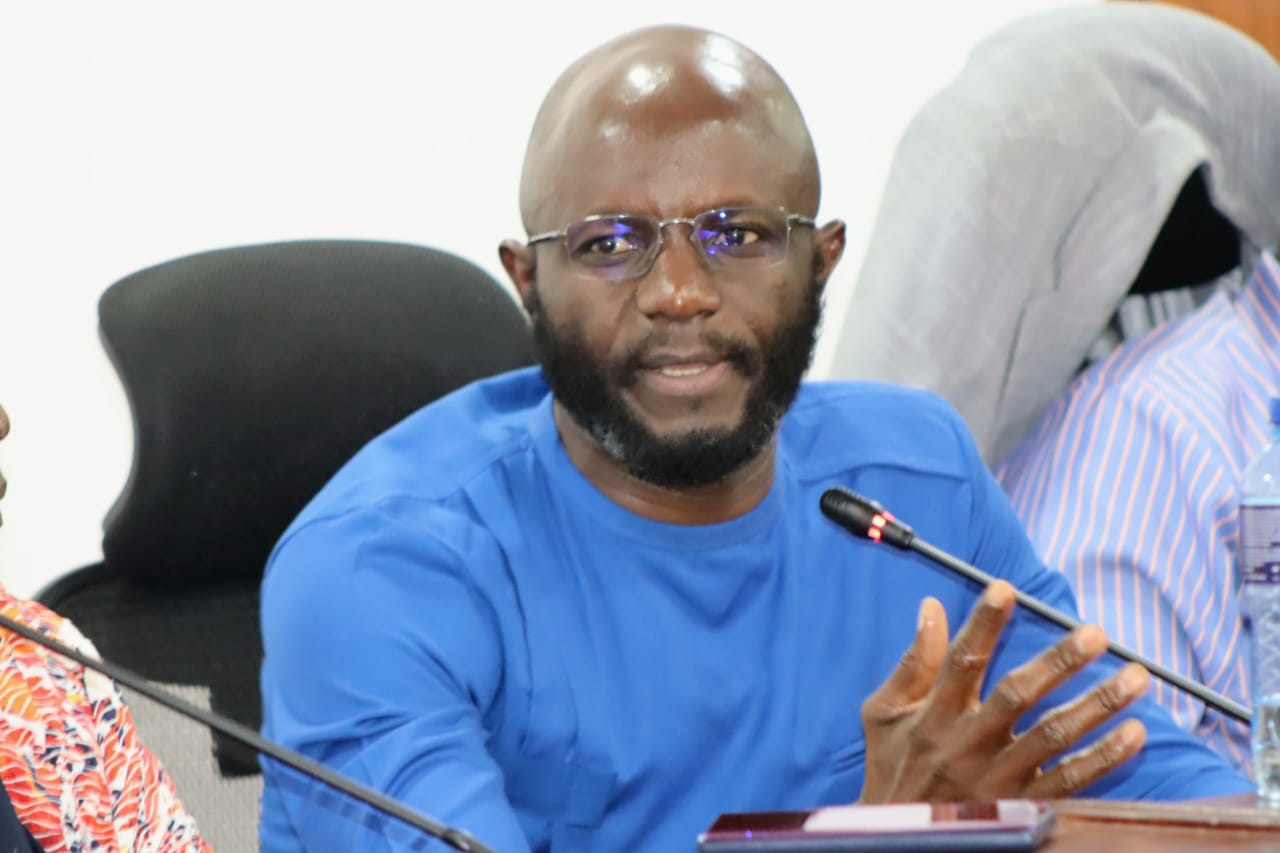State defends decision to triple funding allocation to women’s kitty

The government has defended its decision to increase funding to the women’s kitty saying it has acute financial challenges that should be addressed.
The Presidential Advisor on Women Rights, Harriette Chiggai (pictured) yesterday said that women are not only trustworthy but also quick in repaying loans hence the need to boost their kitty to further contribute to economic growth.
“Statistics indicate that if for example one goes to the farm, they would notice that over 75 per cent of farmers are women. Go to any market, majority of the traders in markets are women yet they are marginalised when it comes to access to finance to grow their businesses,” she said.
She made the remarks during the African Women Entrepreneurship Cooperative (AWEC) General Assembly held in Nairobi.
Chiggai’s remarks come on the heels of President William Ruto’s move to triple Women Enterprise Fund (WEF) allocation from Sh4 billion to Sh13.5 billion during the re-launch of this fund as well as launch of the second product of the Hustler Fund early last month.
She noted that the government has eliminated financial intermediaries in the WEF to ensure dignity in borrowing and to cut down on the cost of accessing credit.
Ruto remodeled WEF from manual to digital in line with the promise on digital inclusion and leaving no one behind, with four more loan products launched in the market including Personal Loan, Micro Loan, SME Loans and start Up Loans.
She said her office will continue to champion financial institutions to make their systems friendly to women and their businesses.
Chiggai said her office has rendered an advisory for Treasury to set up index which will rate and rank all financial institutions in Kenya based on their rate of lending to women, interest rates charged and impacts on women.
“As long as women shoulder the greatest burden of poverty, majority of them remain unemployed, earn lower wages than their male counterparts, struggle to start businesses, face discrimination in the workplace, our vision of an equal and just society is elusive,” Chiggai stated.
She said that financial literacy has also been considered to ensure women have the foundation of a relationship with money, which is a lifelong journey of learning and freedom.
Currently, Chiggai said 50 per cent of women of working age are in the labour workforce compared to 77 per cent of men.









